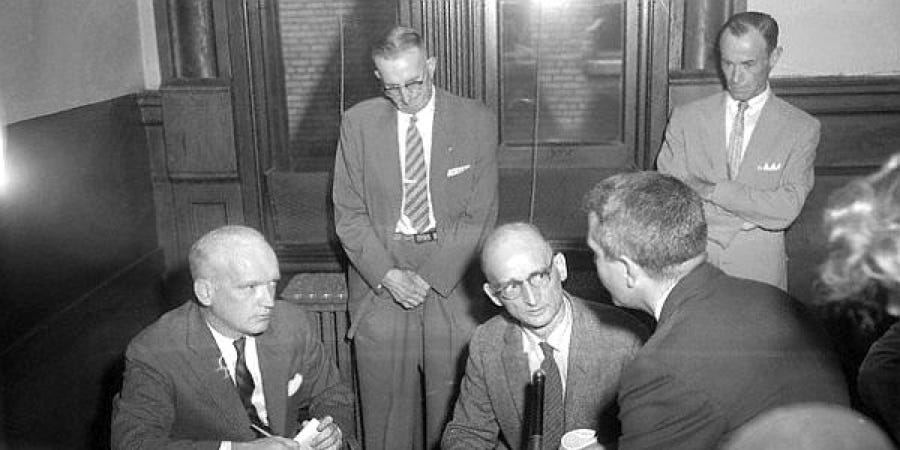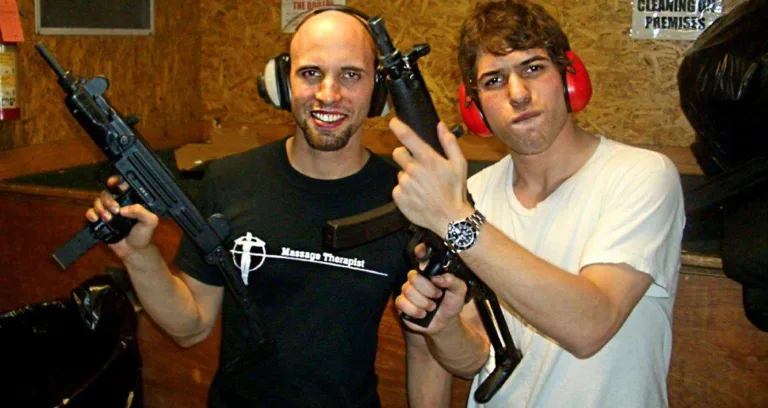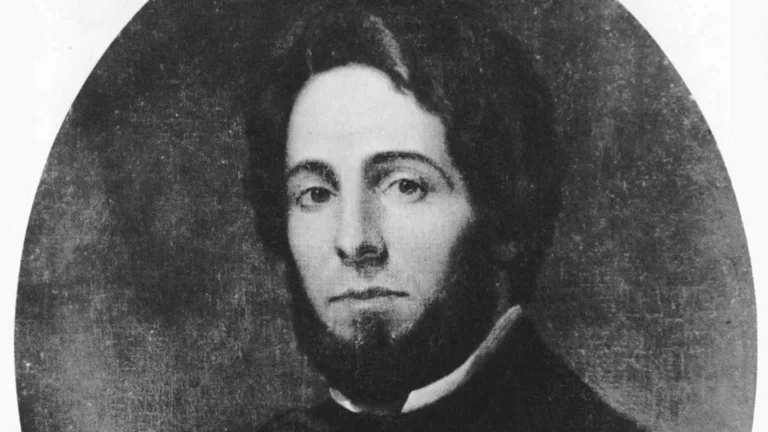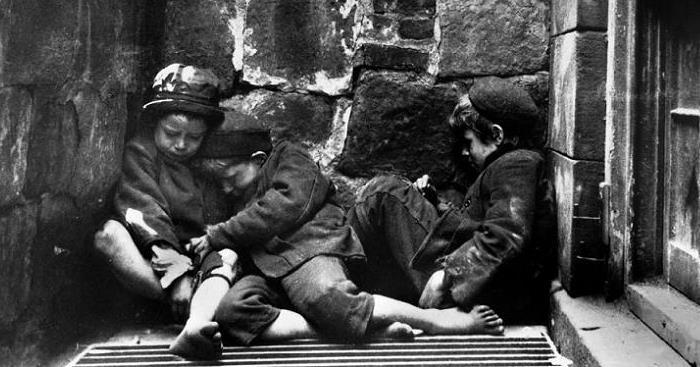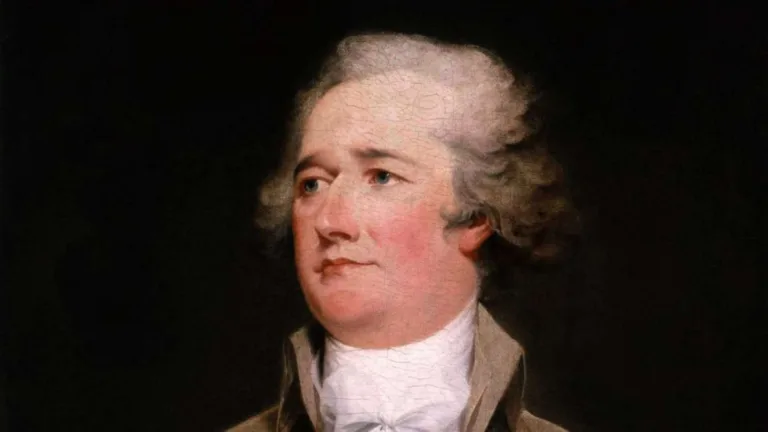Have you ever heard the story of a lawyer who dared to defend a Soviet spy during The Cold War? It’s a tale that reads like a thriller, filled with tension, High Stakes, and moments of incredible courage. This is the story of James B. Donovan, an American attorney who found himself at the center of a global crisis when he was tasked with defending Rudolf Abel, a Soviet spy captured in 1957.
Donovan’s commitment to justice led him to navigate a treacherous landscape of political intrigue and public scrutiny. Many criticized his decision to defend Abel, accusing him of treason and sympathizing with the enemy. Yet, Donovan remained steadfast in his belief that everyone, even those accused of grave crimes, deserved a fair trial and legal representation. His unwavering dedication ultimately resulted in a reduced sentence for Abel, setting the stage for a remarkable turn of events.
Years later, during the height of The Cold War, Donovan would be called upon again to act as a bridge between Two Warring Nations. When American pilot Francis Gary Powers was captured by Soviet forces, Donovan stepped up to negotiate his release. This daring mission led him to East Berlin in 1962, where he participated in a tense but ultimately successful prisoner swap at The Glienicke Bridge. The bridge of spies true story became a symbol of hope and diplomacy during a period of intense Global Tension.
James B. Donovan: A Lawyer in the Spotlight
James B. Donovan wasn’T Just Any Lawyer; he was a man of unwavering principles who believed in justice above All Else. His dedication to his clients, even those accused of the most Serious Crimes, set him apart from many of His Contemporaries. He understood that everyone, regardless of their actions or affiliations, deserved a fair trial and legal representation. Donovan’s reputation as a skilled and Compassionate Lawyer Preceded Him, making him an ideal choice to handle the complex case of Rudolf Abel.
Donovan’s decision to defend Abel thrust him into the spotlight, placing him at the center of a national debate about loyalty and patriotism during The Cold War. He faced intense criticism from those who saw his actions as treasonous. Yet, Donovan remained unfazed, focusing instead on upholding the principles of justice that he held dear. He believed that defending Abel was not about condoning his alleged actions but about ensuring that everyone had access to a fair legal process.
His unwavering commitment to his clients and his belief in the power of law to bridge divides ultimately led him to become a key figure in a historic event – the bridge of spies real story. Donovan’s courage and dedication during this tense period solidified his legacy as a true American hero, a man who dared to stand up for what he believed in even when it was unpopular.
The Case of Rudolf Abel and The Cold War Tensions
The case of Rudolf Abel was more than just a legal battle; it became a symbol of the deep-seated mistrust and tension that characterized The Cold War. Abel, a Soviet intelligence officer, was arrested in 1957 for espionage activities within The United States. His capture sent shockwaves through both nations, fueling an already volatile atmosphere. The American public was gripped by fear and suspicion, while The Soviet Union vehemently denied any wrongdoing and demanded Abel’s Immediate Release.
Donovan found himself navigating a complex legal landscape where national security concerns Often Overshadowed Due Process. He faced immense pressure from all sides – the government, the media, and even members of his own community – to secure a conviction against Abel. However, Donovan remained focused on upholding the principles of justice, arguing that Abel deserved a fair trial despite the gravity of the Charges Against Him. He knew that convicting Abel based solely on political expediency would only further escalate tensions between the two superpowers.
The bridge of spies true story highlights just how precarious life was during this era. Every action had potential ramifications, and the slightest misstep could have Catastrophic Consequences. Donovan’s role in this high-stakes drama showcased his remarkable courage and unwavering commitment to his clients, even when facing immense pressure from a nation on edge.
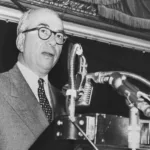 Why Did Strauss Go After Oppenheimer: A Nuclear Rivalry
Why Did Strauss Go After Oppenheimer: A Nuclear RivalryNegotiating Freedom: The Prisoner Exchange
The year 1960 brought a new twist to The Cold War narrative: American pilot Francis Gary Powers was captured by Soviet forces after his U-2 spy plane was shot down over Their Territory. This event further heightened tensions between the two nations and reignited calls for retribution. However, amidst the escalating crisis, James B. Donovan found himself at the heart of a daring mission – to negotiate the release of Powers in exchange for Rudolf Abel.
Donovan’s expertise in international law and his reputation as a skilled negotiator made him the perfect choice for this delicate task. He embarked on a perilous journey to East Berlin, where he met with Soviet officials to discuss the terms of the Prisoner Exchange. The negotiations were tense and fraught with uncertainty, but Donovan remained steadfast in his pursuit of a peaceful resolution.
Finally, after months of painstaking discussions, an agreement was reached. The dramatic prisoner swap took place at The Glienicke Bridge on February 10, 1962 – a moment forever etched in history as the bridge of spies true story. Abel and Powers were exchanged for Each Other, marking a brief but significant thaw in the icy grip of The Cold War. Donovan’s courage and diplomatic skill had once again proven instrumental in averting a potential catastrophe.
Glienicke Bridge: A Symbol of Hope
The Glienicke Bridge, a seemingly ordinary structure spanning The Spree River in Berlin, became an unlikely symbol of hope during one of history’s Most Tense Periods. On February 10, 1962, this bridge served as the stage for a historic prisoner exchange that transcended the political and ideological divides separating East and West Germany. It was here that Rudolf Abel, the Soviet spy, and Francis Gary Powers, the American pilot captured over Soviet territory, were exchanged for each other.
The scene at The Glienicke Bridge on that day was a mixture of apprehension and relief. Crowds gathered to witness this unprecedented event, their faces reflecting a mix of emotions – hope, uncertainty, and perhaps even a flicker of faith in diplomacy amidst The Cold War’S Icy Grip. The exchange itself was swift and Meticulously Orchestrated, a testament to the meticulous planning that had gone into ensuring a peaceful resolution to this delicate situation.
The Glienicke Bridge became a powerful reminder that even in the midst of conflict, there is always room for dialogue and understanding. It stands as a testament to the courage and diplomacy of individuals like James B. Donovan who dared to bridge divides and seek common ground. The story of The Glienicke Bridge serves as a poignant reminder that even seemingly insignificant places can become symbols of hope and reconciliation in times of global uncertainty.
Legacy of Courage and Justice
James B. Donovan’s story is one that continues To Inspire Generations. His unwavering commitment to justice, even in the face of immense pressure and public scrutiny, serves as a powerful example for all who strive to uphold ethical principles. He demonstrated that courage is not always about grand gestures but about making difficult choices based on conviction and integrity. Donovan’s legacy extends far beyond his Legal Achievements; it is a testament to the enduring power of human compassion and the importance of standing up for what is right, even when it is unpopular.
The bridge of spies true story itself has become a powerful symbol of hope and reconciliation, reminding us that diplomacy and understanding can prevail even in the most Challenging Circumstances. Donovan’s role in this historic event cemented his place as a true American hero, someone who dared to bridge divides and seek common ground during a time of intense global tension.
Today, James B. Donovan’s story serves as a timeless reminder that each individual has the power to make a difference. His unwavering commitment to justice, courage in the face of adversity, and belief in the power of diplomacy continue to inspire us to strive for a more just and Equitable World.

